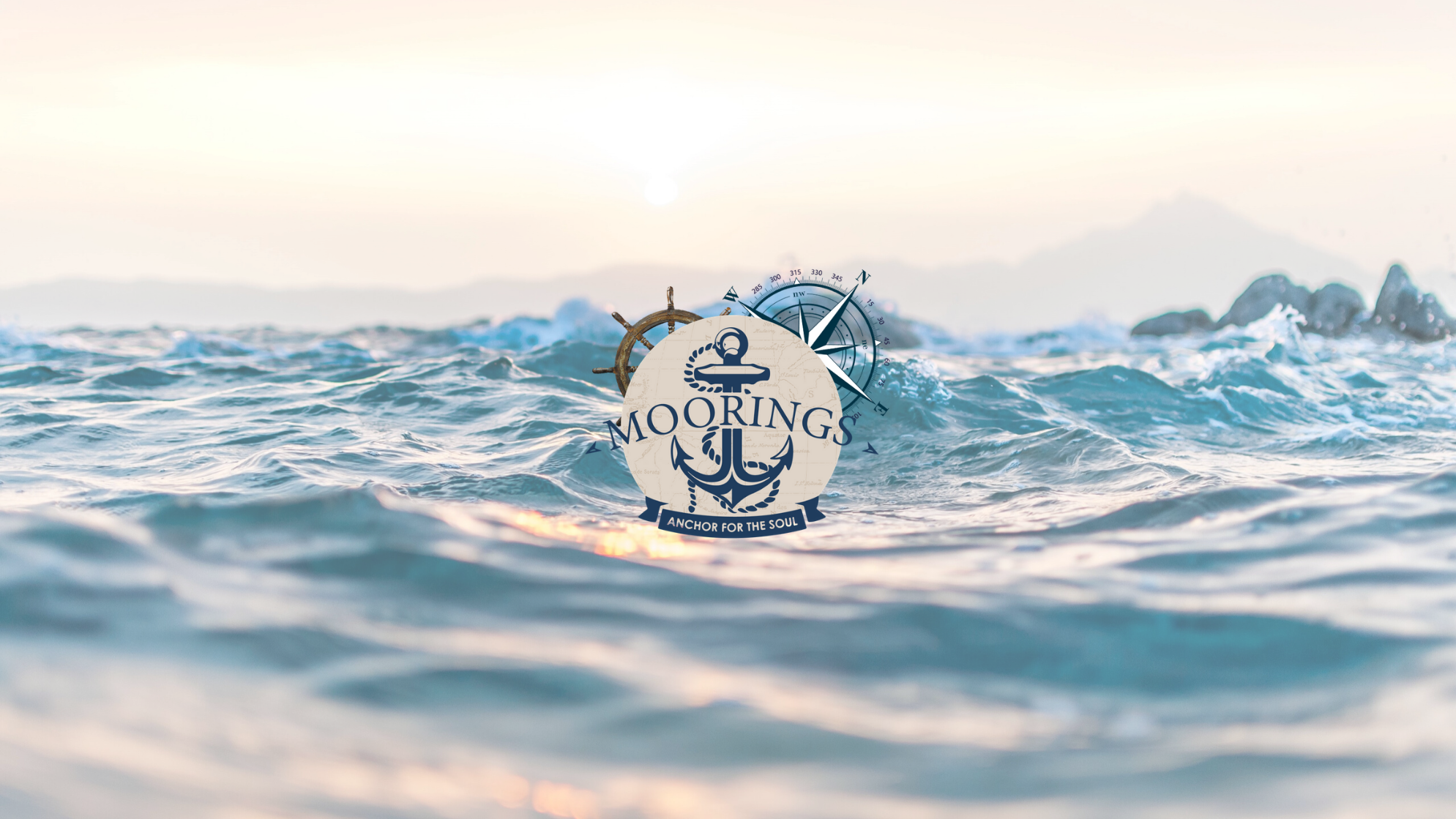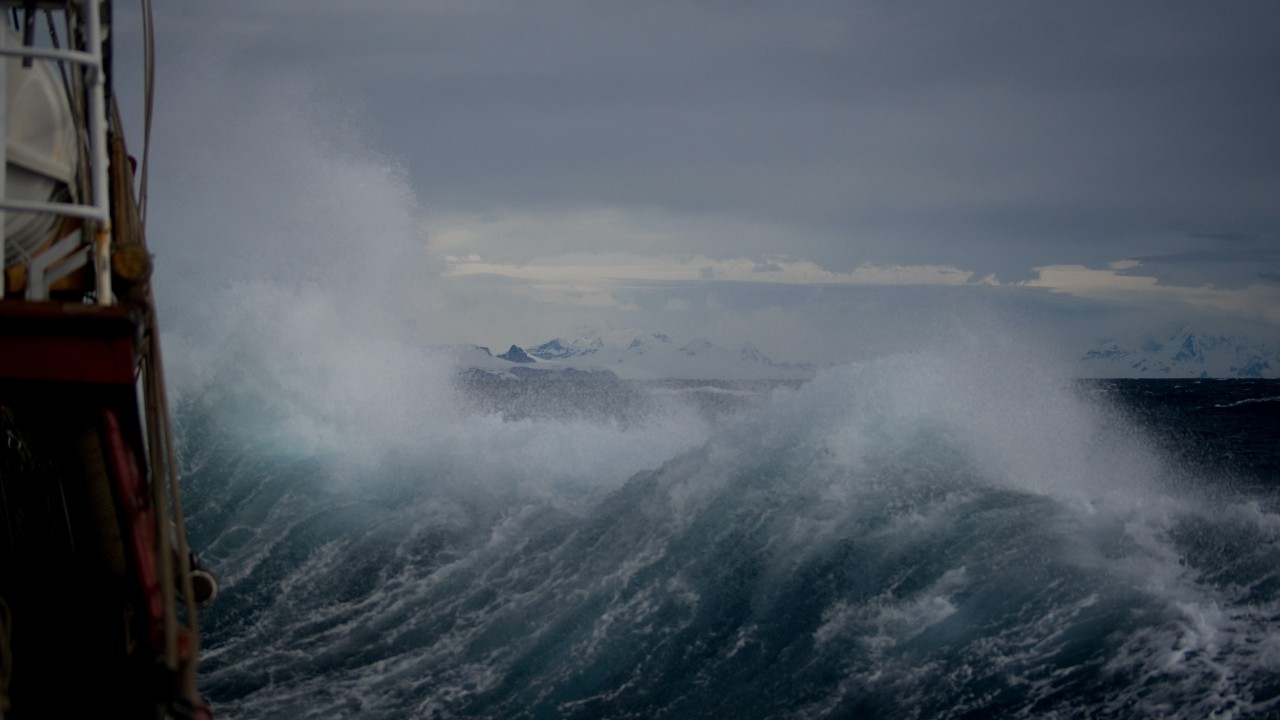
Coined by Max Jeganathan, Asia-Pacific Regional Director of Ravi Zacharias International Ministries (RZIM), join in his discussion with RZIM's Senior Vice President, Abdu Murray, as they share about managing this new "normal" through COVID-19.
“In ‘The Problem of Pain’, C.S. Lewis writes: ‘God whispers to us in our pleasures, speaks in our consciences, but shouts in our pains. It is his megaphone to rouse a deaf world,’” Abdu Murray, Senior Vice President of RZIM, shared in Cru’s latest installment of CovidConversations*.
He continued, “I don't think Lewis is saying that God causes pain. But He can use the pain, the uncertainty to be a megaphone to awaken us to what we lack and what we really need.”
*COVID-19 Conversations provides a platform for you to ask questions, receive counsel & be discipled during an unprecedented time of our lives.
For the first time since we can remember, the world is going through a collective season of pain and uncertainty. It may look different for each of us, but we are all trying to make sense of this unprecedented time.
Max Jeganathan, RZIM Asia-Pacific Regional Director, adds, “This season has raised a lot of the fault lines, or the fracture lines in the human heart and soul. We are left with questions about how to navigate life in a COVID world, when there doesn't seem to be any such thing as normal anymore.”
“But if we want to find peace, we must navigate through the instability of this new normal,” he reflected.
Hear more from Max as we address pertinent questions that Singaporean youths have about the Christian faith here
Find out more!
Through this conversation, Max and Abdu share three handles on how to find our peace in this time –
1) To navigate instability
Max began, “This virus has shown us that stability is just a façade. In this kind of instability, this kind of storm, what we are ultimately going to need and have always needed is something beyond the storm to anchor ourselves to.”
“It doesn’t matter how good your anchor or boat is. Both will be completely useless in a storm unless and until the anchor is attached to something outside the storm—either the seabed, or to land. That's the only way an anchor will provide any kind of stability in the midst of a storm.”
Drawing to a parallel in the bible, Max stated, “One of the biographies of Jesus tells a story about Him on a boat with some friends in the middle of a bad storm. His friends react in the same way a lot of people are reacting now—they scramble for some stability amidst the instability they're trying to navigate through.
“But ultimately, they can't do anything in and of themselves. They find themselves helpless in dealing with this storm, in their own strength. What they needed, what we have always needed, is an anchor that transcends the storm we’re in,” he concluded.
A timely reminder for us to keep close to the “anchor for our souls”, Moorings is a compilation of devotional reflections by Cru Singapore’s National Director, Lam Kok Hiang.
Read more
2) To make sense of suffering
This season has already brought on suffering, and it is not over yet. Max put forward that we need to find a compelling response to the suffering.
Every worldview has some kind of response to suffering—from understanding suffering as an illusion, to suffering as the individuals’ fault, to suffering as meaningless because life is meaningless.
However, Max reflected, “When we take a look at what the Christian message has to say, in the person of Jesus—we see a very different, thoroughly unique response to suffering.”
“We see a God who actually stepped down into our suffering as a person, went to a cross, and took all of that suffering, uncertainty and anxiety onto Himself and did away with it. Because of this, He made the way for us to have two incredible things. One, is comfort and strength through the suffering; and two, is hope beyond the suffering.”
Going back to the story of Jesus in the storm, Max explains, “Understanding this changes the whole paradigm—because his friends thought the issue was that Jesus was not awake. But the real reason was, as Jesus said, that they were not awake to who He is.”
“If we acknowledge that we are in a storm, that our boats are small—but the God of the universe is the custodian, not just of us and our boats, but He actually owns the ocean itself. And if we're willing to turn to Him, He promises to either calm the storm, or to calm us within the storm.”

3) To put our hope in something dependable
“Christianity has been called a belief that is basically a crutch for weak-minded people who are afraid of death. But the reality is that everyone has a crutch, it makes the uncertainty of life bearable—whether it's their fame, money, or career.”
We all have crutches to try and protect our own peace.
As Abdu puts it, COVID-19 has shown us that our crutches are made of flimsy wood. Now with all our crutches and façades stripped away, where does that leave us?
Modelled through the example of Jesus Christ, Abdu described, “The Christian worldview offers a peace that goes beyond our circumstances. In the Gospel of John chapter 14, Jesus is about to go undergo unspeakable suffering—tortured, betrayed by a friend, and die at the most horrible mechanism of death the Roman Empire could devise.”
“Yet He says, ‘Peace I leave with you, My peace I give to you, not as the world gives’.”
Explaining further, Abdu said, “The depth of what real peace is not absence from conflict or uncertainty. Jesus would not have such peace otherwise.”
“What He did have was perfect relationship with His Heavenly Father—that transcended circumstances because it is a relationship with a transcendent One who is the source and cause of all of existence. That means your circumstances cannot possibly dictate the peace, the true peace you have.”
Circling back to his earlier analogy, Abdu ends off, “All the things we put our hope in—purpose, money, career, education, they're all valuable. But if we use them as our crutch, they will splinter and crack under the weight of our lives.”
“So I would say Christianity is more than a crutch—it’s a stretcher. It takes us and transports us back to life through the One in whom, by whom and through whom we have our being. The only One who is able to sustain us through all of this.”
Resources:

Deborah is passionate about capturing different perspectives to create relevant and impactful content. She enjoys meaningful conversations and collecting experiences, but also loves time spent just with a good book and cup of coffee.
©1972-2025 Cru Singapore. All Rights Reserved.